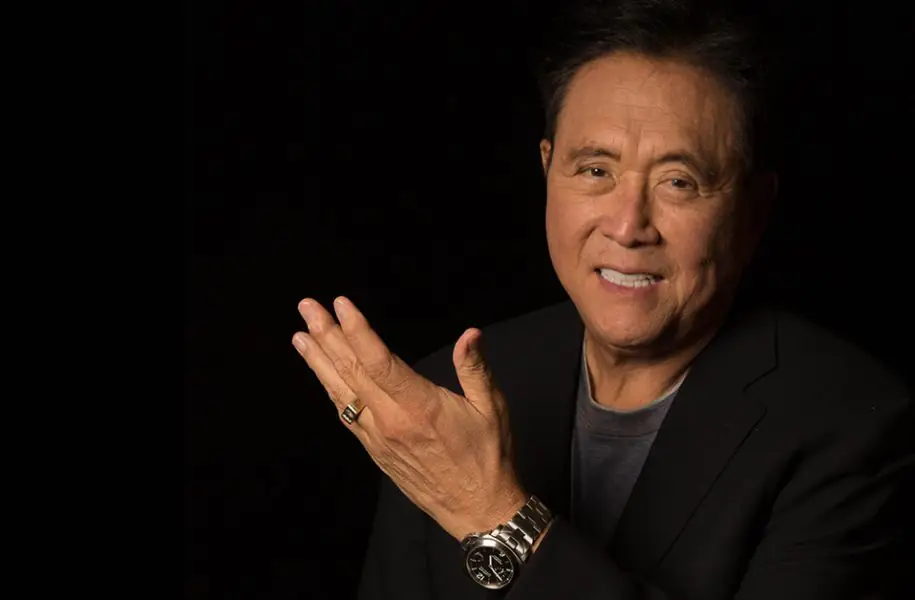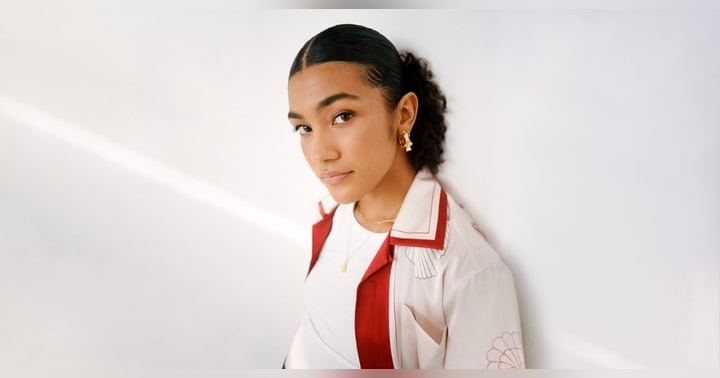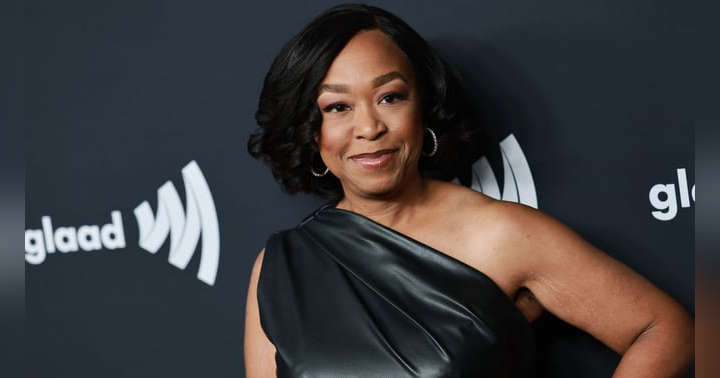Robert Kiyosaki on Why the Rich Don’t Save Money And What You Should Do Instead

“My banker has never asked me for my report card.”
That single sentence from Robert Kiyosaki, best-selling author of Rich Dad Poor Dad, encapsulates his decades-long frustration with traditional education — and his call to arms for a new kind of financial literacy.
In a riveting interview on Dad Saves America, Kiyosaki held nothing back: criticizing academia, challenging conventional wisdom, and offering unvarnished insights into how the rich think, act, and build wealth.
If you're an aspiring entrepreneur or wantrepreneur looking to break free from paycheck-to-paycheck life, his worldview might sound extreme — but it's worth unpacking.
The Foundational Flaw: Our Schools Don’t Teach Money
Kiyosaki opens with a bold claim: the root of today’s financial crises isn’t Wall Street, politicians, or even inflation — it’s the education system.
“If our school system teaches us nothing about money, then we have idiots running the show.”
He argues that most people — including those with advanced degrees — are functionally financially illiterate. They don’t understand the basics of a financial statement, the mechanics of debt, or the difference between assets and liabilities.
His own father, a PhD and head of education in Hawaii, was “poor as a church mouse” despite his credentials. Meanwhile, Kiyosaki’s “rich dad” — his best friend’s father — built wealth by understanding cash flow and leveraging debt.
Assets vs. Liabilities: The Concept You Were Never Taught
Kiyosaki’s most famous contribution to personal finance is deceptively simple:
Assets put money in your pocket. Liabilities take money out.
“Your house is not an asset. If it takes money from your pocket every month, it’s a liability.”
To Kiyosaki, saving money, investing in mutual funds, and blindly contributing to a 401(k) is a peasant’s game. Why? Because it outsources wealth-building to Wall Street managers while you assume all the risk.
Instead, he champions real assets: businesses, income-producing real estate, or even lithium mines — anything that pays you whether you work or not.
Why the Rich Use Debt to Get Richer
In one of the most counterintuitive lessons from the interview, Kiyosaki explains why he borrowed $300 million during the 2008 crash.
“I bought the best real estate in the world for pennies on the dollar... with debt.”
To him, debt is not evil — it’s a tool. While personal finance gurus like Dave Ramsey preach “live debt-free,” Kiyosaki believes that’s dangerous macroeconomically and limiting personally.
“If we stop borrowing money, the economy collapses. Money is created through debt — not by working.”
It’s a radical shift in mindset. Instead of avoiding debt, learn to control it. Use it to acquire assets that generate cash flow and appreciate in value.
The Emotional Game of Money
For Kiyosaki, emotional intelligence is as important as financial IQ. “Most people don’t invest because they’re afraid of making mistakes,” he says, calling out the school system for punishing failure instead of learning from it.
He argues that building wealth requires mental toughness, emotional discipline, and spiritual clarity — qualities he developed as a Marine in Vietnam.
“When the market crashes, the amateurs panic. The rich stay calm — and buy.”
The takeaway for founders? Learn to play offense when others play defense. Don’t follow the crowd. Develop the stoicism to withstand downturns and the conviction to make moves when others are paralyzed by fear.
If You’re Broke, Start With This
So how do you take the first step if you’re starting with nothing?
Kiyosaki suggests beginning with your financial literacy — and a mindset shift:
- Track your cash flow. Understand where your money is going.
- Read financial statements. Learn the language of money. This is what banks and investors care about.
- Play games. Yes, seriously. Kiyosaki built a board game called Cashflow to simulate investing and accounting.
- Invest in real assets. Not stocks. Not savings. Real estate, commodities, or businesses.
- Use debt — intelligently. Your first asset might be funded entirely with borrowed money, as his first property was.
“I bought my first real estate in Hawaii with my credit card. 100% debt. That’s the secret to success.”
Final Word: Seek Better Teachers
In a surprisingly tender moment, Kiyosaki recounts asking a Sunday school teacher what made the Three Wise Men “wise.” Her answer stuck with him:
“They sought the best teacher.”
It’s a fitting summary of his life philosophy. If you're not where you want to be financially, it’s not your fault — but it is your responsibility. Start with better questions. Find smarter teachers. And most importantly, stop worshipping credentials over cash flow.





